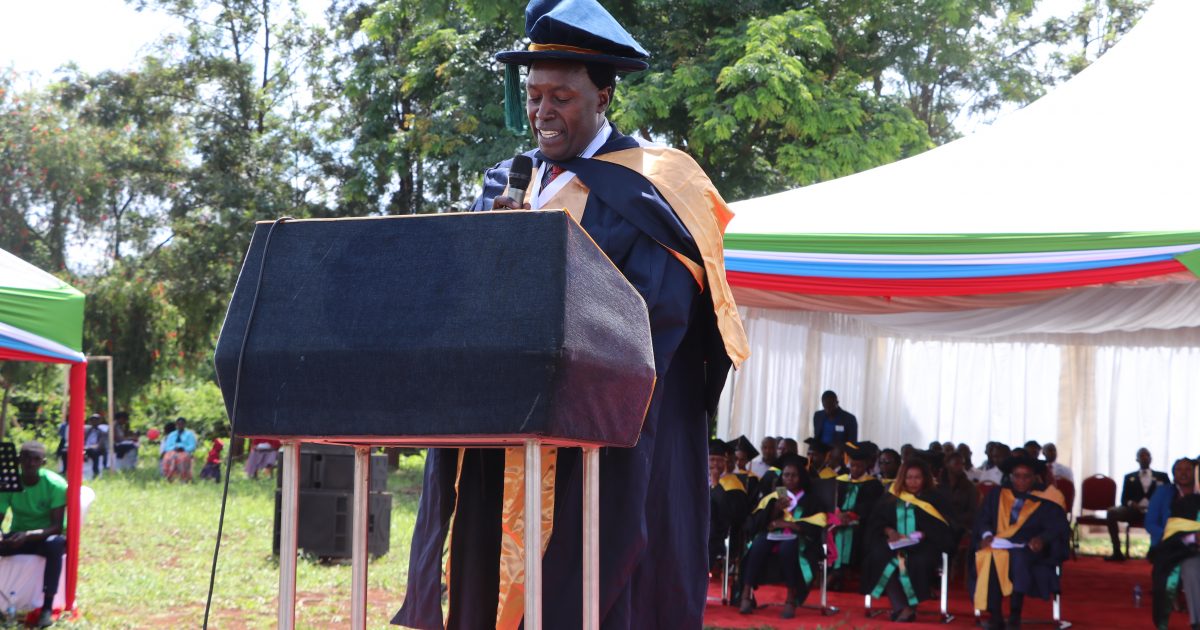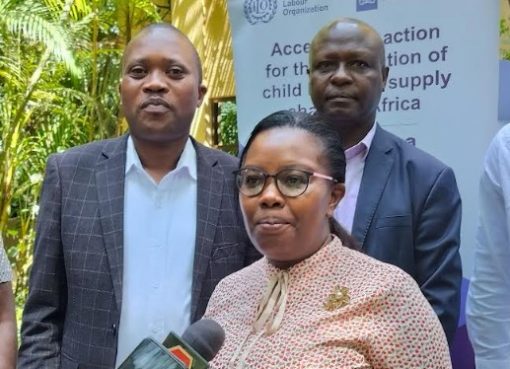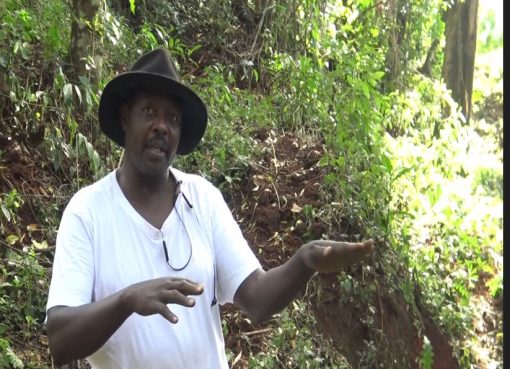The government is prioritising the development of TVETs that are well equipped to provide basic knowledge for learning, David Ng’ang’a, Director in State Department for TVETs has said.
“The Kenyan government has partnered with the Master Card Foundation under College Institute of Canada to recruit TVET trainers, aiming to meet labor demand locally and abroad, and ensure TVET curriculum fulfillment,” he said.
Ng’ang’a who was representing State Department for TVET Principal Secretary Esther Mworia during Ndia Technical Vocational College graduation added that the incorporation of the dual trainers programme has given the trainers deep and real-world experience that enables them to acknowledge the gap between theory and practice, and successful collaboration between various TVET institutions and their respective industries, ensuring dual training.
Meanwhile, TVET has been collaborating with the “JUA KALI” sector to assist individuals with skills and experience in obtaining necessary documents for the job market.
Ndia MP George Kariuki, chair of the Roads and Infrastructure Committee in the National Assembly argued that technical schools are now producing qualified, competent workers in various departments, despite TVET being viewed as a waste of time.
Hence, he challenged the residents to take advantage of the chance that they have to join the institutions and learn different courses.
Kariuki said countries like South Korea, Taiwan, and others have a great GDP per capita due to the use of technology and innovation.
He said these are some of the countries that were in the same league with Kenya and called on the government to invest more in invocation.
“It has always been my call as a country to stop the import of products that can be locally produced so that we can support our local industry, thus creating jobs for those who are jobless. It was the call of our president, William Ruto, that we support those at the bottom level, and that is why I have always supported TVET every day,” he said.
However, Kariuki has promised to invest an additional Sh 10 million from the NGCDF to help the institution get more classrooms and workshops along with other facilities.
Nicholas Muriuki, principal of NDIA Technical Vocation College, said since the school was started with a population of thirty-three students in 2018, it has improved in terms of population, now having 622 students taking different courses.
He said there is good collaboration coming from the national government and the NGCDF office that has enabled the college to develop by a large margin. “From the 209 graduates we are realizing today to the job market, I am confident that we have produced the best—people who are qualified and ready to work and develop themselves,” he said.
By David Wandeto





